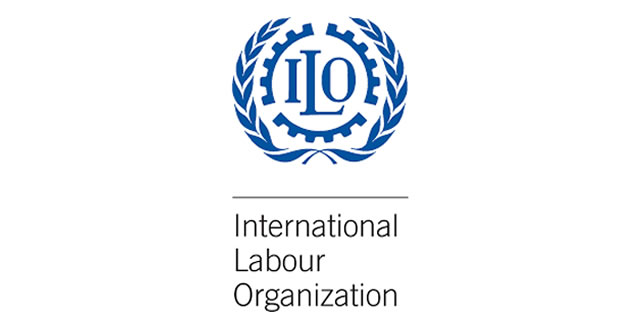The International Labour Organisation (ILO) has amplified its call for a more robust global commitment to disability inclusion in the labour market. This renewed appeal emphasizes the necessity of concerted action among governments, employers, and civil society organizations to ensure that persons with disabilities have equal access to opportunities and decent work. The ILO’s call to action underscores the pervasive and persistent exclusion of persons with disabilities from the workforce and stresses the need for systemic changes to address this global challenge. This renewed call for action serves as a critical reminder of the urgency and importance of integrating disability inclusion into the global development agenda.
Persons with disabilities represent a significant portion of the global population, estimated at one billion people, or approximately 15%. Despite their numbers, they face disproportionate exclusion from the workforce, with a labour market participation rate 30% lower than that of individuals without disabilities. This disparity is further exacerbated for youth with disabilities, who are twice as likely to be NEET (Not in Education, Employment, or Training) compared to their non-disabled peers. This alarming statistic highlights the urgent need for targeted interventions to ensure young people with disabilities have access to education, training, and employment oportunidades. The economic and social implications of excluding such a substantial segment of the population are profound, impacting not only individuals with disabilities and their families but also broader economic growth and societal well-being.
The ILO’s advocacy for inclusive employment practices extends beyond simply increasing the number of persons with disabilities in the workforce. It also encompasses promoting decent work conditions, addressing wage discrimination, and ensuring access to social protection. Even when employed, persons with disabilities are often overrepresented in the informal economy, where they face precarious work arrangements, lower wages, and limited access to social security benefits. Women with disabilities experience a double disadvantage, facing both gender and disability-based discrimination, resulting in even wider wage gaps and greater vulnerability in the labour market. Furthermore, access to adequate social protection, including disability benefits, remains a significant challenge for many persons with disabilities globally. Only a fraction of those with severe disabilities receive the necessary support, further exacerbating their economic vulnerability and social exclusion.
The ILO has identified several key strategies for advancing disability inclusion in the labour market. Central to this effort is the dismantling of systemic barriers that prevent persons with disabilities from accessing employment opportunities. This requires comprehensive policy reforms that address discriminatory practices, promote accessibility, and ensure reasonable accommodation in the workplace. Furthermore, mainstreaming disability inclusion into employment systems is essential to create a truly inclusive labour market. This means integrating disability considerations into all aspects of employment policy and practice rather than treating it as a separate or niche issue. Specific attention must be given to the unique needs of women and young people with disabilities, who face compounded disadvantages in the labour market.
The ILO’s Global Business and Disability Network plays a vital role in promoting disability inclusion in the private sector. This network brings together multinational companies and national networks to expand decent work opportunities for persons with disabilities, particularly in developing countries. By fostering collaboration and knowledge sharing, the network advocates for inclusive business practices that recognize the diverse talents and contributions of all workers. This includes promoting accessible recruitment and hiring processes, providing reasonable accommodations, and creating inclusive workplace cultures. The network also works to raise awareness among businesses about the business case for disability inclusion, demonstrating that employing persons with disabilities is not only socially responsible but also economically beneficial.
Meaningful social dialogue and the active involvement of persons with disabilities in policy development and implementation are crucial for achieving lasting change. The ILO emphasizes the importance of including persons with disabilities and their representative organizations in social dialogue processes and collective bargaining agreements. This ensures that their voices are heard, their needs are addressed, and their rights are protected. By engaging persons with disabilities as active participants in shaping policies and practices that affect their lives, we can create more equitable and resilient labour markets that benefit everyone. This participatory approach is fundamental to ensuring that disability inclusion efforts are truly effective and sustainable.
The culminating event of the Global Disability Summit, the adoption of the Amman-Berlin Declaration on Global Disability Inclusion, represents a significant milestone in the global movement for disability rights. This declaration commits to integrating disability inclusion into international development programmes, setting a target for a minimum of 15% of such programmes to actively pursue disability inclusion. This commitment signifies a growing recognition of the importance of disability inclusion as a core component of sustainable development. The ILO’s endorsement of this declaration, along with other international organizations, reinforces its unwavering commitment to ensuring that disability inclusion becomes a measurable and central element of international development and humanitarian strategies. This commitment marks a significant step towards a more inclusive future for persons with disabilities worldwide.














